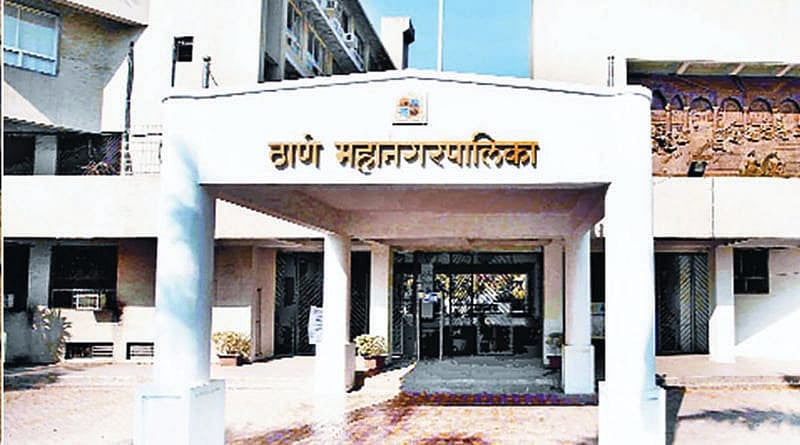Asked to respond to the growing criticism in the West of creeping authoritarianism and a shrinking space for free expression of differences and dissent, External Affairs Minister S Jaishankar frontally slammed the critics, questioning their right to pass judgment on what happens in the country. Participating in a conclave of a media group last Saturday, Jaishankar’s strident tone made national headlines. Displaying an uncharacteristically aggressive attitude, he called such critics hypocrites and “self-appointed custodians of the world who find it very difficult to stomach that somebody in India is not looking for their approval”.
The ace career diplomat who had spent a lifetime conveying tough messages but always hidden behind velvet gloves had on this occasion chosen to dispense with the latter. In fact, in his new persona as a politician, the former foreign secretary seemed to be at pains to act and behave as an ultra-nationalist, clouting fiercely the critics of the regime on their heads.
Only recently, the manner in which the Ministry of External Affairs had reacted to the tweets by Greta Thunberg, the Swedish environmental activist, and Rihanna, the Barbadian singer, who had expressed sympathy for the protesting farmers, was bewildering. Why get so hot under the collar and elevate what are after all mere tweets by global celebrities and, thus, impart them undue significance? Even the well-wishers of the Modi Government were surprised by the official response. Ignoring them, offering ‘no comment’ as an official response would have been the correct thing to do. But the way the MEA reacted, it showed its peeve, its seeming vulnerability to criticism from any quarter.
Or is it that Jaishankar at every moment feels obliged to prove his credentials as a new convert to the BJP variety of aggressive and unapologetic nationalism. Such a mindset was certainly at display yet again at the media conclave last Saturday. He flashed an iron fist at foreign critics, the assorted NGOs, non-profits such as Freedom House and Amnesty International and, by implication, against a host of western publications which had declared open season on the government, picking on its real or imagined attacks on Indians expressing dissent and disagreement with the Modi government.
Ironically, Jaishankar’s aggressive response mirrored what his Chinese counterparts are routinely prone to take rather than that of the leader of the world’s largest democracy. Of course, no one in the West or, for that matter, anywhere else has a right to interfere in our internal affairs, but in an inter-connected world much value and significance is attached to a country’s standing in global capitals. The intangible asset of a vibrant, functioning democracy where civic rights are respected and criticisms of government policies not met with stringent punitive actions further eases the way for her to conduct its business with the rest of the democratic world.
A shared faith in basic human rights is the common thread that binds democracies together. Without doubt, some of the barbs, slings and arrows aimed at the Modi Government in recent months are motivated by an ingrained sense of malice and prejudice, stemming from a refusal to reconcile to a homespun but self-assured Prime Minister who pointedly ignores the western media and its domestic feeder, the English-language urban-centric press.
Yet, it sounds churlish for the Modi government ministers to stoop low to counter its critics in their own language. Being self-assured and self-confident is good for India, but turning one’s nose at foreign critics with such contempt, especially when India is opening up to foreign investments and technologies, may be counter-productive. A well-considered response to such criticisms ought to try and figure out why a BJP government invariably attracts sharper criticism from the western media and non-profits in comparison to all other previous governments.
Admittedly, the party’s self-avowed belief in aggressive nationalism coupled with the indigenised culture and rootedness of its senior leaders, as against the westernised culture and mores of the Nehru-Gandhi family members, evokes an ingrained sense of antipathy among the New Delhi-based western media persons and observers. Yet, being needlessly aggressive in response is counterproductive. Either nail the criticism as wrong and false. Or, better still, learn to take it in your stride. But in no case wield the big hammer. It does not serve any purpose.




